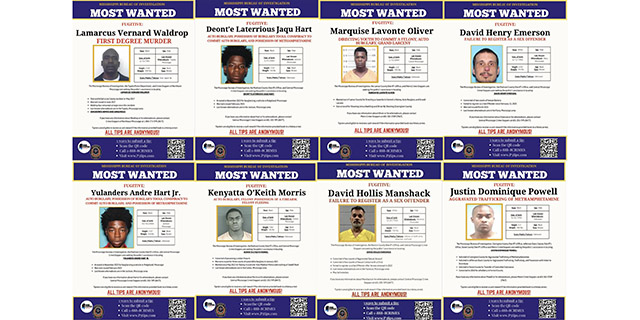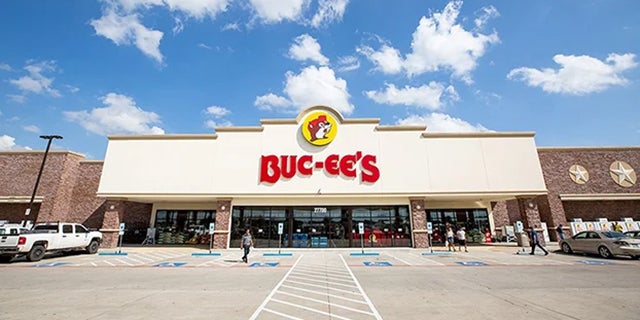‘We don’t do this for the glory’
Published 9:49 pm Sunday, May 28, 2023
Krystal Conn admits she had that “aha” moment.
“I started in safety in Louisiana,” Conn said, explaining that an opportunity to work offshore led her to an emergency medical technician course.
“I went and took that EMT class and fell in love with it,” she said. “I fell in love with the field and, well, never went offshore.”
Today, Conn works as a paramedic at Kings Daughters Medical Center and teaches courses at Copiah-Lincoln Community College in emergency medical services, instructing future EMTs and paramedics.
While the adrenaline of emergency medicine is a given, Conn points to a more important goal: “We get to be there for somebody on their worst day, whether it’s someone in an accident or an elderly patient being transferred.”
And because of that, she believes compassion is the most critical and most overlooked skill needed for emergency medical services.
“You have to have compassion and want to help others,” Conn said. “If you don’t have that, you can’t do this job … You’ve got to be able to deal with conditions that are stressful, to stay calm, and to be compassionate.”
Dealing with emotional stress is a necessity for paramedics.
“The emotional stress at times can be overwhelming,” Conn said. “Especially after a bad call, like dealing with a child with acute injuries … but you have to get through it, then take a minute after the call to process and pray about it.”
Conn is frank with her students about the skills required to be successful in the field, and she said she is pleased to see an increased interest in the career path.
“We’ve got a lot of people really pushing the field of EMS right now,” she said. “We just moved our program to the Wesson campus (we were in Natchez before).”
The program, which begins with the EMS certification, includes a one-year paramedic licensing course, which is a popular option.
“I tell everyone that being a paramedic is a great steppingstone and looks good on your resume, especially if you’re considering a career in nursing,” she said.
Conn also said that while female paramedics were few and far between 25 years ago, the field now draws equally among men and women.
“My paramedic partner is a woman, and sometimes we will get to a call and someone will say ‘they sent two women to pick up my husband?’ I just laugh and say ‘I promise you we will get him.’”
Challenging stereotypes is the norm for Conn, who is also quick to point out that “virtually everything you see on TV and in the movies doesn’t really depict what we do. We do more than just drive an ambulance … people have an idea of EMS, but it is much, much more.”
That “more” is the driver in Conn’s career and why and her peers choose to work in emergency medical services.
“We don’t do this line of work for glory. We do it to help the community, 24 hours a day … whenever they need us.”






